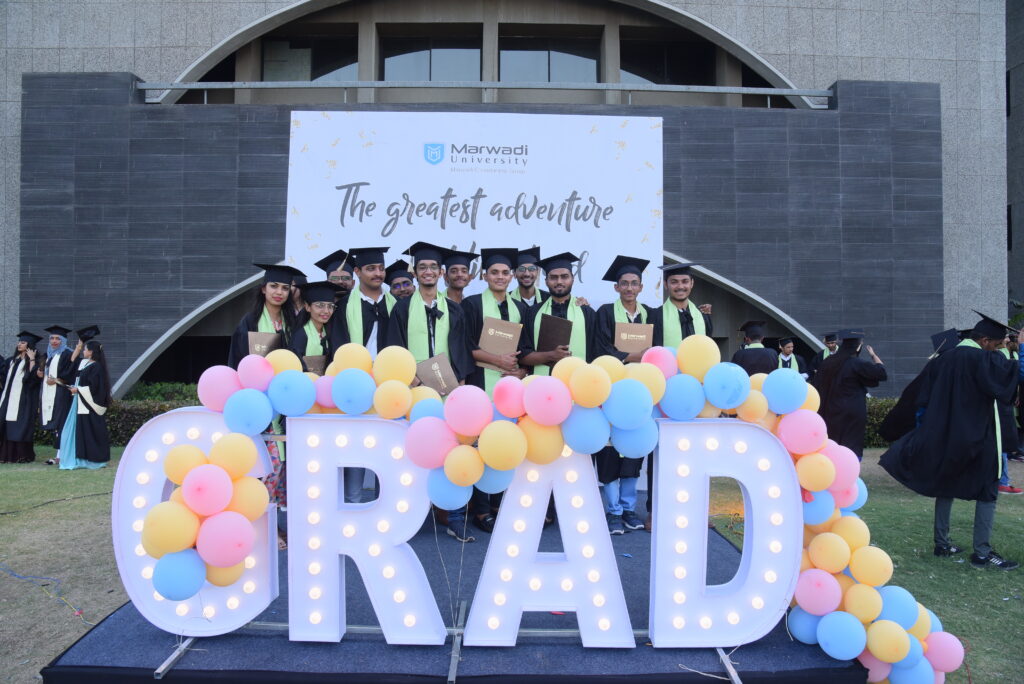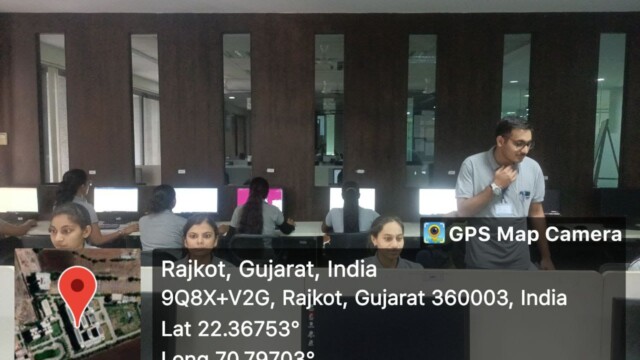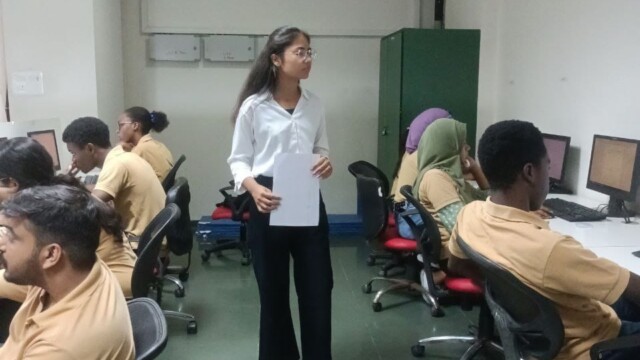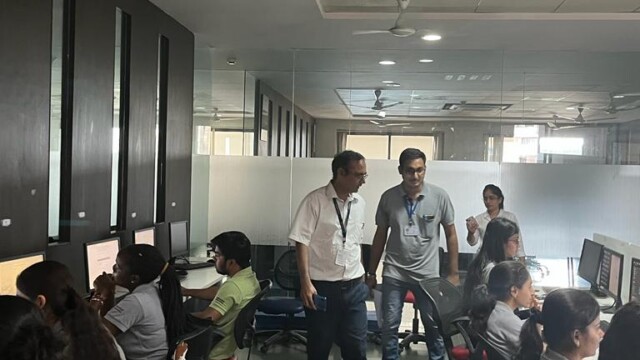Owing to constantly evolving rules and laws by the government, people need the assistance of lawyers in their life, now and then. Thus, this makes it probable to say that the demand for lawyers will continue to grow today and in future.
Law as a profession has always been popular and most desired amongst students. Students from commerce, arts or science, can pursue law and learn about legal education.
Earlier students were allowed to study a 3-year Bachelor of Law (LLB) course after graduation in their preferred field. However, with changing dynamics, the way students can pursue legal education has also changed.
Now students can pursue 5-year integrated law programmes after completing their 12th class. So, the choice is yours, whether you wish to study a 3-year LLB course after graduation or you wish to pursue an integrated law course after the 12th.
There are several options for you to pick a law course after 12th. So, if you’re interested in studying a law course after 12th class, then stick to this post!
Law Courses after 12th: Overview
Here are some of the popular integrated law courses that you can consider:
Except for BTech LLB, all the integrated law courses after the 12th class are for the duration of 5-years. BTech LLB is a 6-years integrated course. The good thing about pursuing an integrated law course after the 12th is you give the exam once while you receive two degrees at the end of the programme. Also, you save one year of your career yet receive the same educational merit.
As you can see, the above-stated courses are nothing but a combination of two courses, of which the LLB course stays common in all of them. While you can pursue law as one course in an integrated programme, you can also pick another course of your preference.
Law Courses after 12th: Eligibility and Admission Criteria
The eligibility and admission criteria differ in law schools. However, here’s the prevailing eligibility criteria students need to meet to get admission:
- Aspirants who have cleared their 10+2 class successfully from a reputed board.
- Students must have passed with an aggregate of a minimum of 45% marks.
For admissions in law courses after 12th, here’s what you need:
- Students should have appeared for entrance exams like CLAT (Common Law Admission Test) conducted by NLU (National Law Universities).
- Students interested in pursuing a law course from foreign universities need to appear for the LSAT.
Law Courses after 12th: Career Opportunities
After completing your studies, you need to enrol for Bar Council and clear AIBE (All India Bar Examination) to practice law as a profession.
Like we know, the demand for law professionals is going all the way upwards. You can work as a lawyer in legal firms, government organizations or consultancies. You can also start your private practice by representing clients in court or provide legal advice to them. Here are some job roles you can look at after pursuing a law course after the 12th class:
- Criminal Lawyer
- Legal Consultant
- Researcher
- Lecturer
- Property Lawyer
- Legal Advisor
- Legal Journalist
- Government Lawyer
If you wish to study further and specialize in a specific area of law, studying LLM is a perfect option.
So, if you have made your mind to study a law course after 12th, choose a law school like Marwadi University that imparts students with legal education through an experiential learning approach and activities backed by expert faculties.
Moreover, Marwadi University has been enlisted in the ”Top law Schools” Category in Forbes India Power List 2020. So, undoubtedly the best for your law career. For more details about law programmes at Marwadi University, click here.
















 International Airport
International Airport  Railway Station
Railway Station  GSRTC Bus Port
GSRTC Bus Port 


